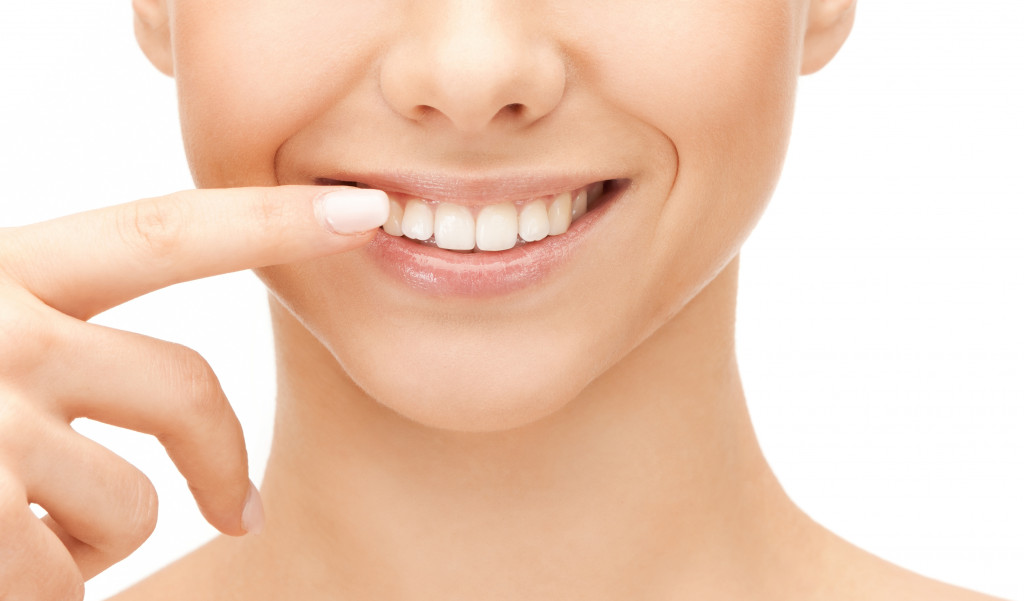- Brushing and flossing twice daily, using mouthwash, and seeing the dentist regularly are essential for optimal dental health.
- Poor oral hygiene is linked to an increased risk of systemic diseases, cardiovascular diseases, stroke, and respiratory diseases like pneumonia.
- Unhealthy habits such as smoking and drinking alcohol can lead to discoloration of teeth and an increased risk of periodontal disease.
- Eating certain foods and beverages, as well as stress levels, can also cause damage to teeth or gums.
Dental health is often overlooked in the grand scheme of overall health, but it should be a priority for everyone. While many people know the importance of keeping their teeth clean and getting regular check-ups with the dentist, they may not be aware of other dental issues that can arise. The implications of these dental problems on one’s overall physical and mental health are often underestimated.
More than 90% of all systemic diseases produce oral signs and symptoms. Caring for your teeth and gums could help identify potential illnesses before they become severe or life-threatening. In addition, poor dental hygiene has been linked to an increased risk for cardiovascular disease and stroke, as well as respiratory diseases like pneumonia—all due to bacteria entering your mouth.
Poor oral health also affects mental well-being, especially among children and adolescents. Dental pain negatively impacts their school performance and self-esteem. A survey published in 2019 revealed that nearly two-thirds of adults aged 18-34 said that feeling embarrassed about their teeth had affected their confidence in social situations.
Dental health is a part of overall health, making it essential to prioritize it. Here are a few tips to help you:
Dental Hygiene Practices

Good oral health starts with proper dental hygiene practices. This includes brushing and flossing at least twice a day, using mouthwash, and having regular check-ups with your dentist. Here are the essential steps to maintain optimal dental health:
Brushing
Brushing is an essential part of any oral hygiene routine. It removes plaque, bacteria, and food particles that can lead to cavities, gingivitis, and other issues. To brush correctly, use a soft-bristled toothbrush and fluoride toothpaste. Brush in circular motions for two minutes each time, focusing on all areas of your teeth and gums. Replace your toothbrush every three months—or sooner if the bristles become frayed or bent.
Flossing
Flossing is another critical part of oral hygiene. It removes plaque buildup between teeth that a toothbrush cannot reach. Floss at least once daily for maximum effectiveness, using about 18 inches for each session. Be careful not to snap the floss against your gums, which may cause irritation or injury.
Using Mouthwash
Mouthwash helps to reduce bacteria in hard-to-reach areas of your mouth, such as between teeth or below the gum line. Use an antibacterial mouthwash twice daily to reduce plaque and tartar buildup, in addition to brushing and flossing regularly. It also helps freshen your breath and keep your mouth clean throughout the day.
Regular Check-Ups With Your Dentist
Make sure you schedule regular check-ups with your dentist every six months (or more often if recommended by your dentist). During check-ups, your dentist can detect any potential issues before they become more serious problems requiring more extensive treatment down the road.
Getting Dental Procedures

The importance of addressing dental issues immediately cannot be understated. Ignoring teeth and gum problems can lead to serious health concerns and hurt physical and psychological well-being. There are various teeth replacement services available that can help restore teeth to their former glory. Additionally, many dentists offer preventive treatments, such as sealants and fluoride application, designed to protect teeth from decay.
A delay in treating dental issues will cause additional discomfort and a heightened risk for more severe oral health problems such as gum disease, tooth loss, cavities, and jaw misalignment. Gum disease is especially concerning because it has been linked to an increased risk for heart disease and stroke due to the bacteria entering one’s bloodstream through their mouth. Additionally, untreated cavities can cause an infection deep in the teeth’s roots that could spread to other body parts.
It is usual for people to experience some degree of teeth discoloration or sensitivity over time; however, these should not be ignored if they persist or worsen over time. Issues like plaque buildup or chipped teeth should also be addressed promptly by consulting a dentist for proper treatment options. Managing dental problems quickly is essential for maintaining good oral health and avoiding complications.
Reducing Unhealthy Acts to Mouth
Besides regular dental hygiene and routine check-ups, several unhealthy habits should be avoided to preserve oral health. Smoking and drinking alcohol, for example, can lead to discoloration of teeth and an increased risk for periodontal disease. Additionally, some foods and beverages can cause staining of teeth or damage tooth enamel.
Finally, being mindful of general lifestyle habits such as stress levels is essential to prevent grinding teeth or clenching your jaw, which can negatively affect your dental health.
Final Thoughts
Dental health is essential to overall health and should not be overlooked. Everyone should practice proper oral hygiene habits, such as brushing and flossing twice daily, using mouthwash, having regular check-ups with their dentist, and avoiding unhealthy activities that can harm their teeth and gums. Protecting your dental health will help you maintain a healthy smile for years.


